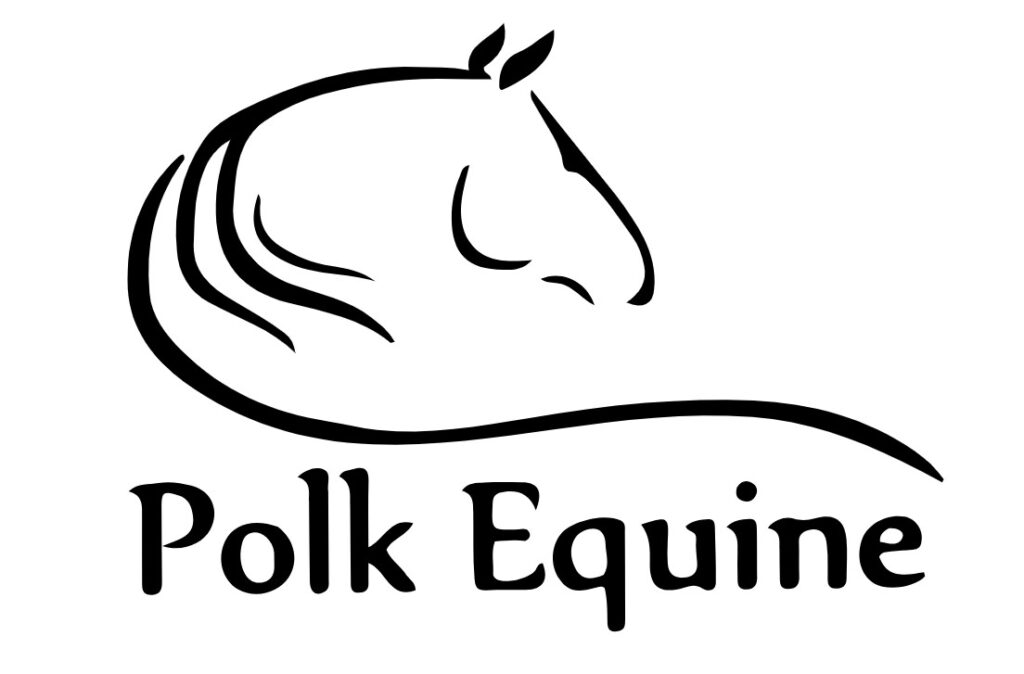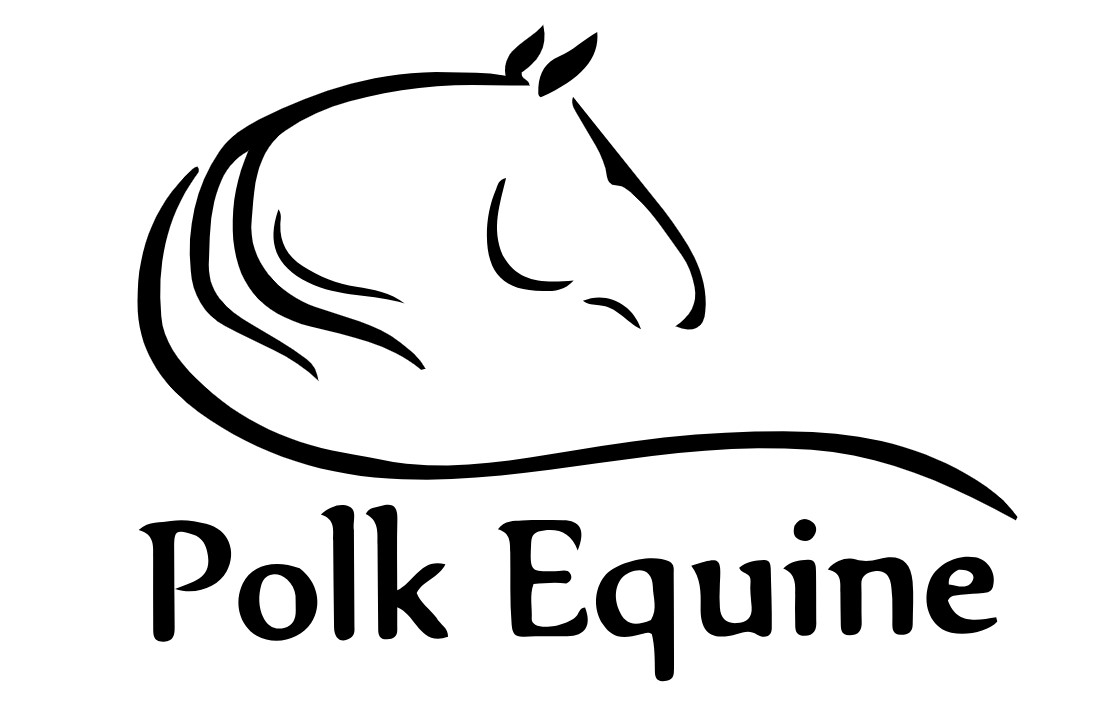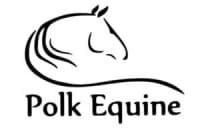Riding Out the Storm: Horse Safety in Hurricanes

Hurricanes pose significant challenges for horse owners, requiring careful planning and proactive measures to ensure the safety and well-being of their horses. With powerful winds, heavy rain, and potential flooding, preparation is not just advisable but essential. Before the Storm Preparing for a hurricane begins long before it arrives. Ensuring your horse’s vaccinations are up […]
Understanding the Various Types of Equine Skin Tumors

Equine skin tumors are relatively common in horses and can vary in terms of appearance, behavior, and treatment. As a responsible owner, it is essential to be aware of the different types of skin tumors that can affect horses, as early detection and proper management are crucial for the health and well-being of your horse. […]
Horse Dental Care: A Comprehensive Guide for Polk County Horse Owners
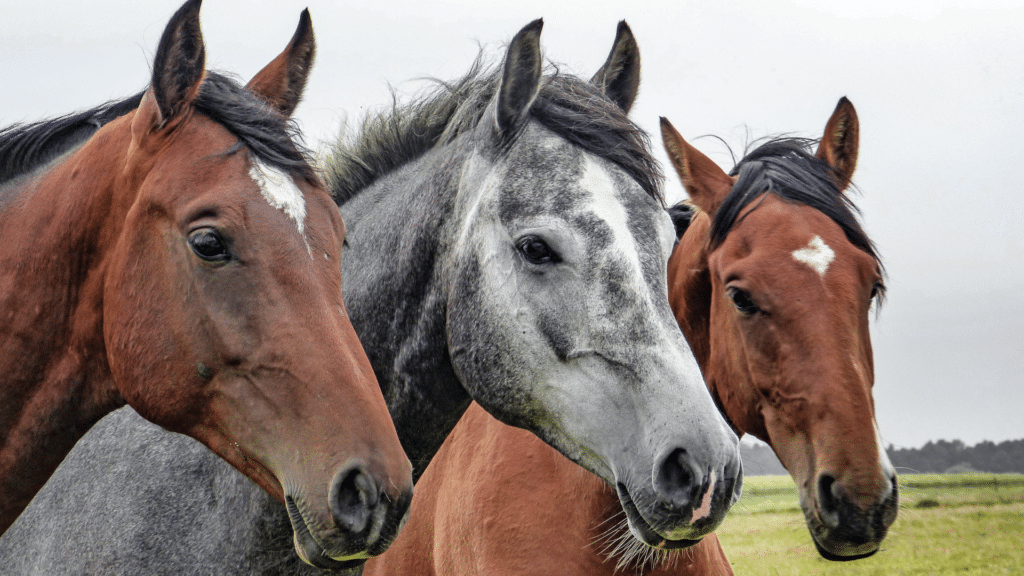
Just like humans, horses require regular dental care to maintain optimal oral health. Neglecting your horse’s dental needs can lead to a variety of health problems, impacting their comfort, performance, and overall well-being. Read on to learn about the crucial role of regular checkups, potential dental issues to be aware of, and the significant benefits […]
Do You Know the Signs of Equine Gastric Ulcers?
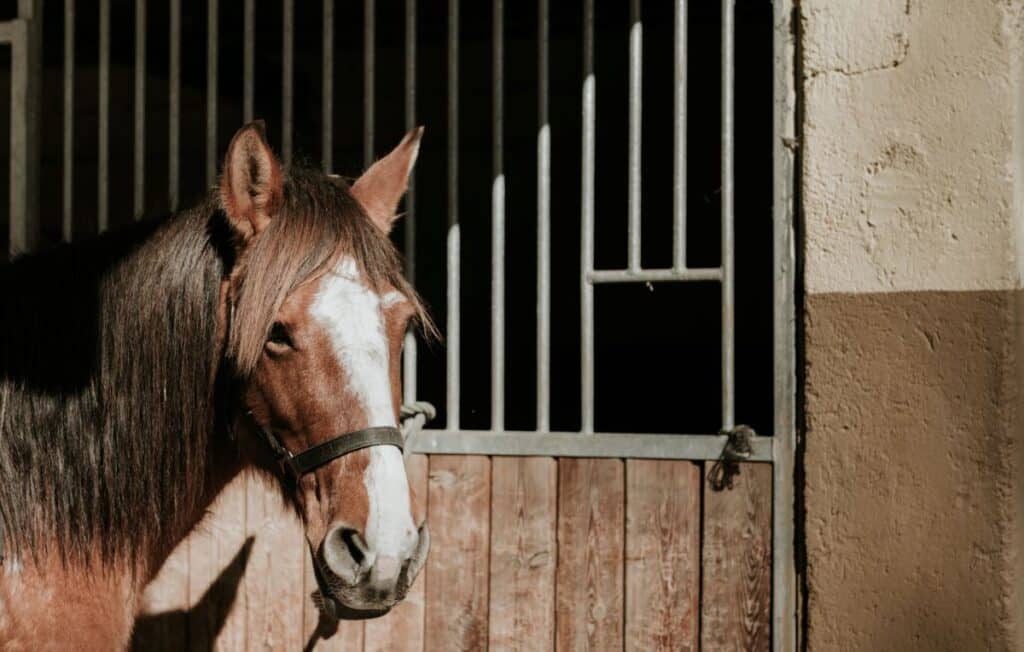
Equine gastric ulcers are a significant concern for horse owners, as they can cause discomfort and affect a horse’s overall health and performance. The equine stomach continually secretes gastric acid, which aids in the digestion of food. However, when the acid production overwhelms the stomach’s protective mechanisms — usually a layer of mucus — ulcers […]
Understanding Equine Navicular Disease: Causes, Symptoms, and Management
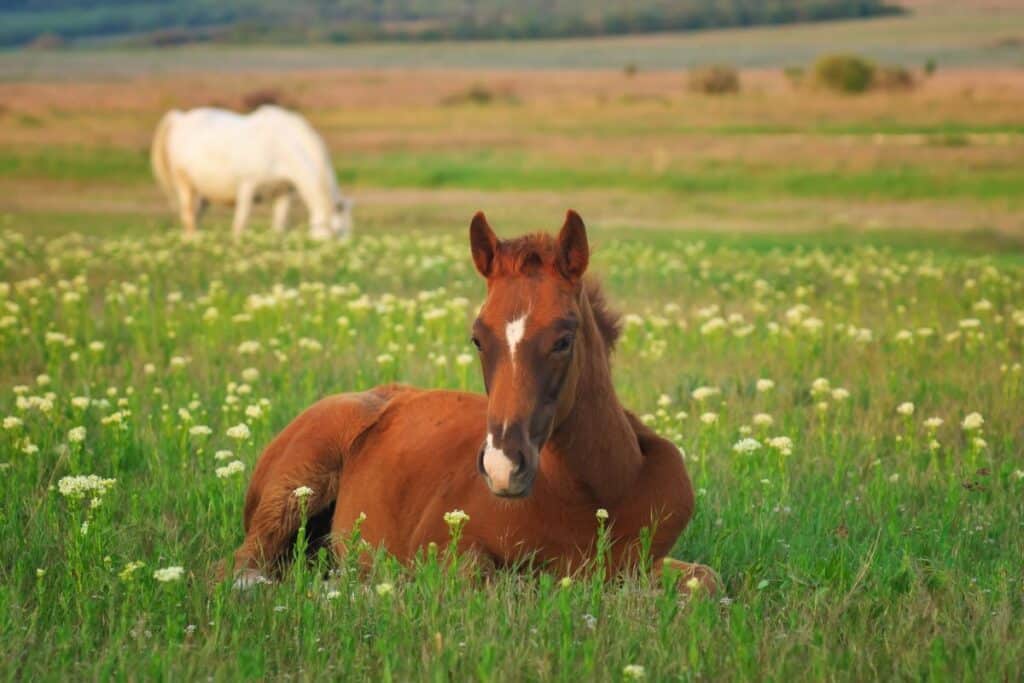
Equine navicular disease, also known as navicular syndrome, is a common and often challenging problem that affects the feet of horses. It primarily involves the navicular bone (a small, flattened bone located within the hoof) and the surrounding structures. The navicular bone acts as a shock absorber and helps distribute the weight of the horse’s […]
Guidelines to Keep Your Horse Safe While Trailering
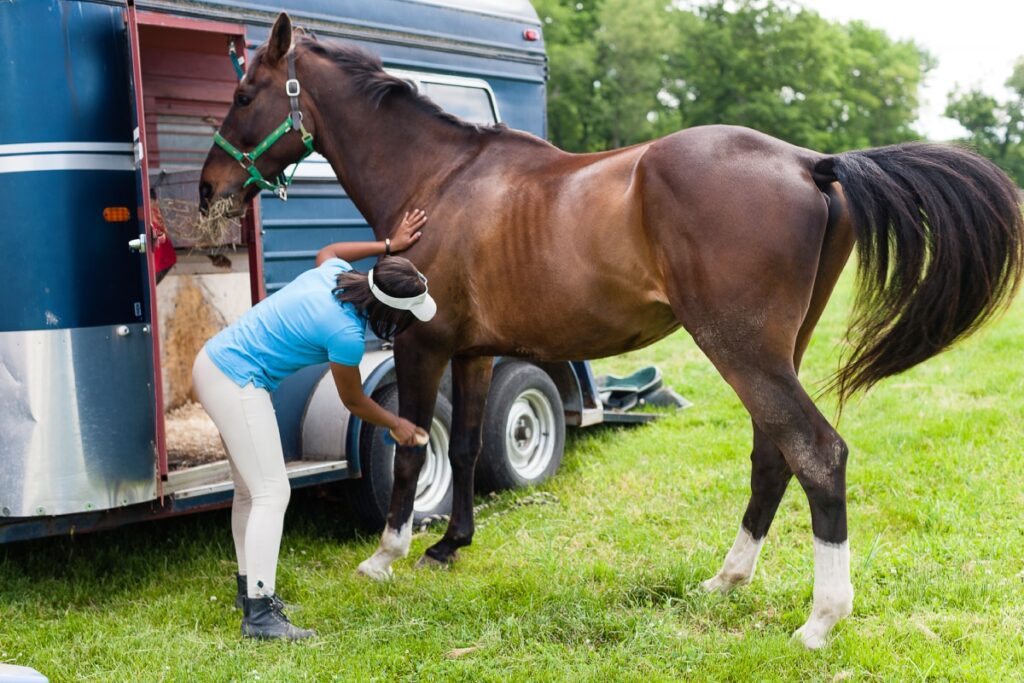
One crucial aspect of equine care that often goes unnoticed is trailer safety. Transporting horses requires meticulous planning and attention to detail to ensure their journey is as safe and stress-free as possible. Whether you’re a seasoned rider or have years under your belt, here are some tips to keep everyone safe on the road. […]
Florida Horse Health Issues
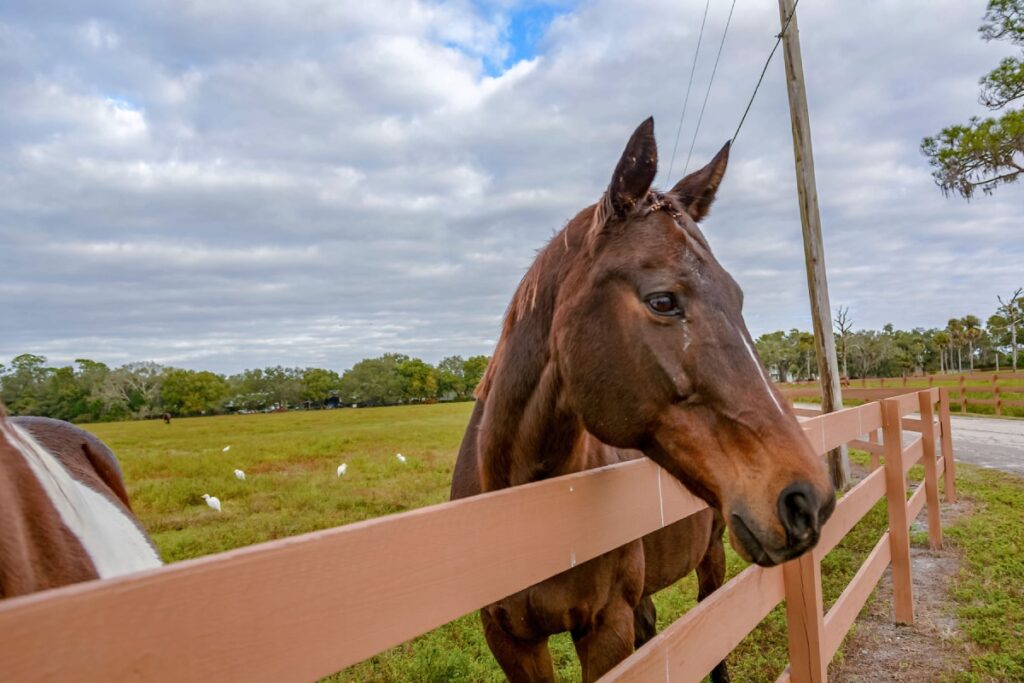
Florida has its unique challenges for horses. A combination of the climate, humidity, wet ground, insects and typical management practices can expose Florida’s horse population to certain diseases and illnesses. These problems include the following list: Insect borne diseases.Mosquitos carry viruses such as West Nile Virus, Eastern Equine Encephalitis and Western Equine Encephalitis. These […]
Your Fall Veterinarian Visit
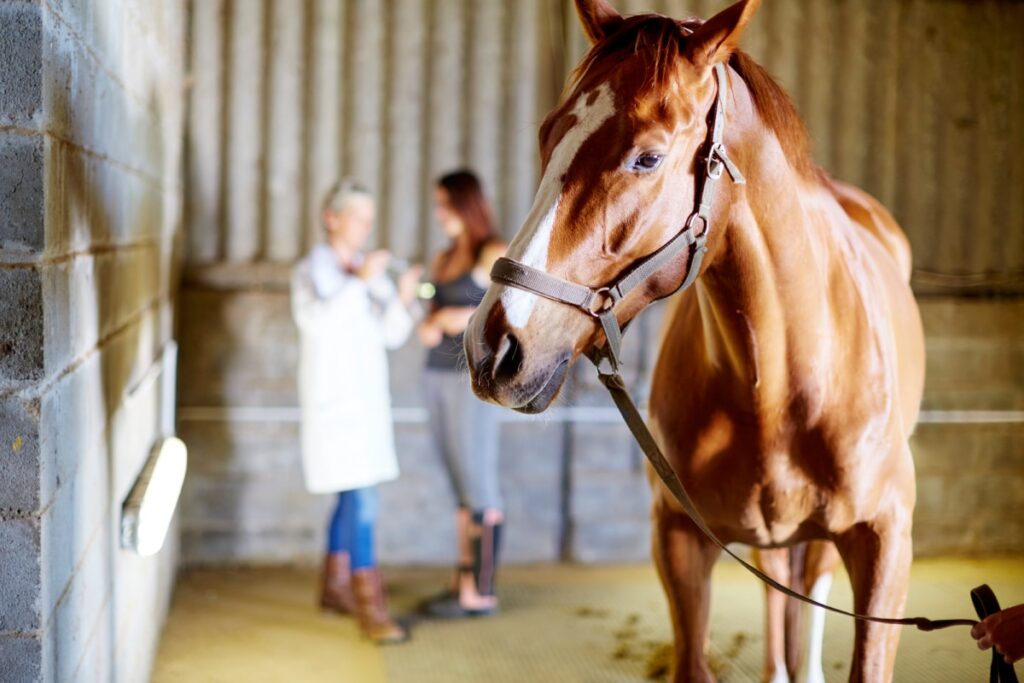
With the seasons changing and the weather getting cooler, this is the perfect time of year for your horse to have a visit with the vet, especially if traveling for competitions or leisure. Respiratory vaccines and tapeworm treatment are key components of a fall visit. Respiratory infections like equine influenza and herpesvirus are spread by […]
Foot Abscesses
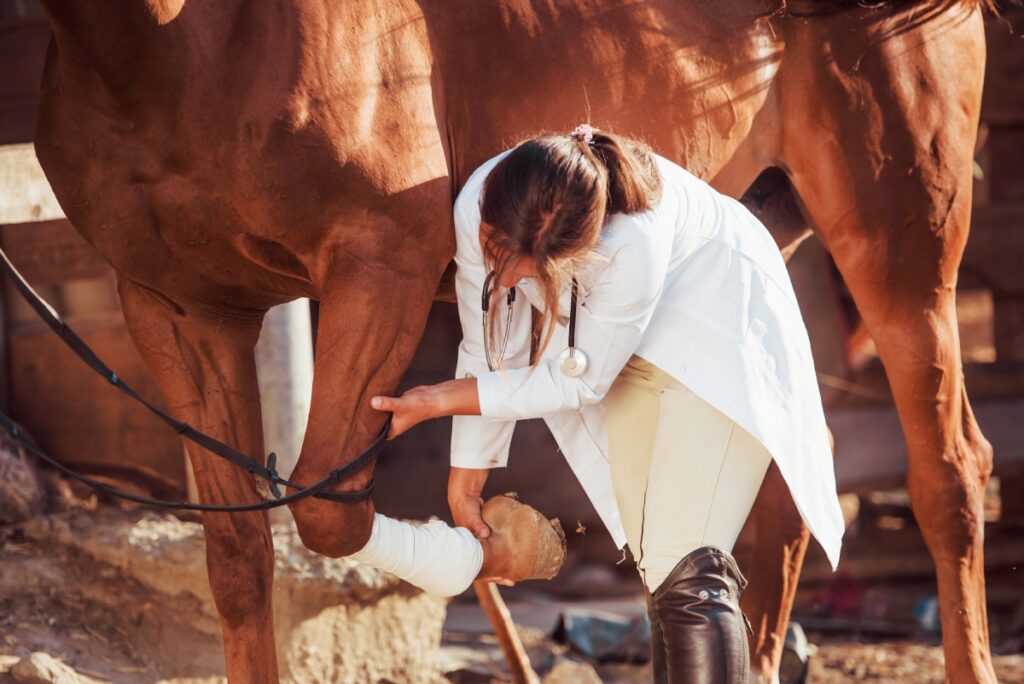
The majority of horse lameness issues are in the foot. The horse will most often have a significant limp or not want to use the limb. There are other possibilities for such a significant lameness such as a fracture, septic joint or tendon injury but unless there is a large wound or significant swelling on […]
Owners Need to Know the Signs of Colic
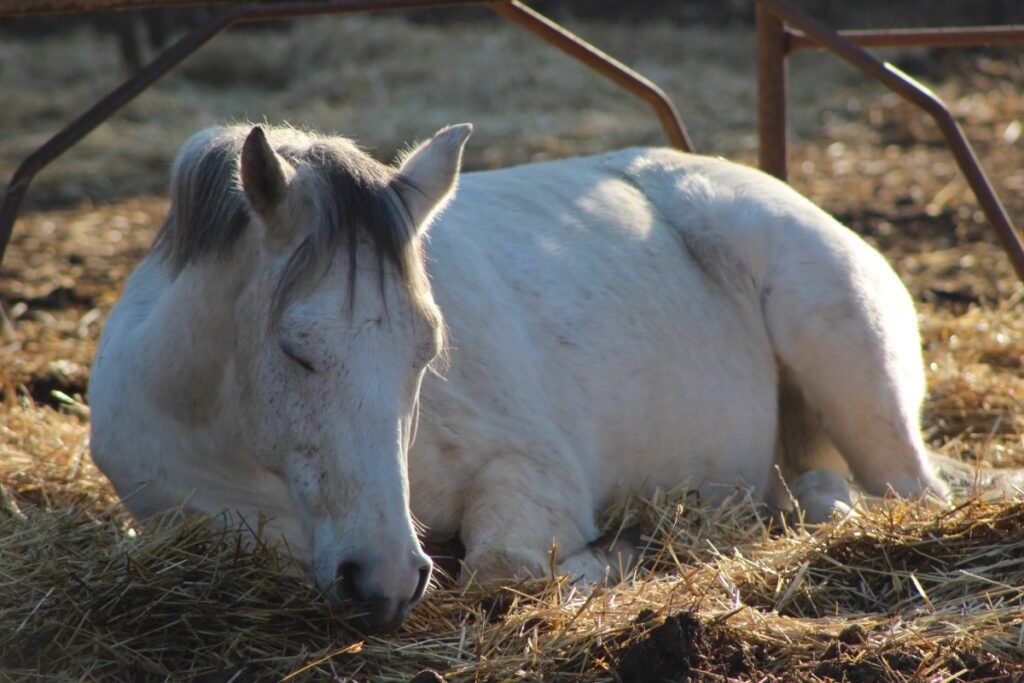
An attentive horse owner will notice subtle changes in their horses’ behavior. Horses are creatures of habit and routine so these variations may indicate that the horse isn’t feeling well. Signs that may indicate colic are lethargy, lying down more than usual, pawing, decreased appetite, looking at their sides and diarrhea. Signs of colic means […]
